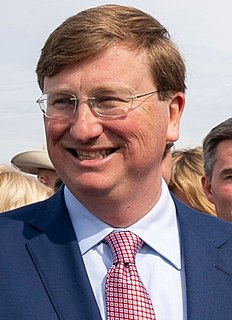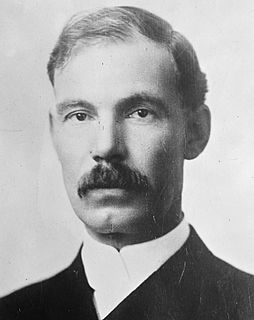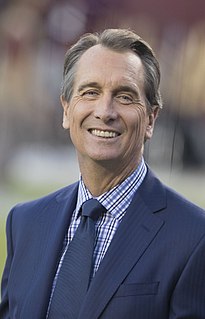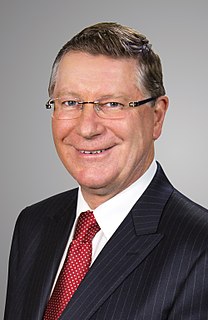A Quote by Ayn Rand
The political function of 'the right of free speech' is to protect dissenters and unpopular minorities from forcible suppression - not to guarantee them the support, advantages, and rewards of a popularity they have not gained.
Related Quotes
During the last dozen years the tales of suppression of free assemblage, free press, and free speech, by local authorities or the State operating under martial law have been so numerous as to have become an old story. They are attacked at the instigation of an economically and socially powerful class, itself enjoying to the full the advantages of free communications, but bent on denying them to the class it holds within its power.
The radicals...want speech regulated by codes that proscribe certain language. They see free speech as at best a delusion, at worst a threat to the welfare of minorities and women....The most obvious (and cynical) explanation for the switched positions is the switched situations. Protesting students became established professors and administrators. For outsiders, free speech is bread and butter; for insiders, indigestion. To the new academics, unregulated free speech spells trouble.
I believe there is a limit beyond which free speech cannot go, but it's a limit that's very seldom mentioned. It's the point where free speech begins to collide with the right to privacy. I don't think there are any other conditions to free speech. I've got a right to say and believe anything I please, but I haven't got a right to press it on anybody else. .... Nobody's got a right to be a nuisance to his neighbors.



































